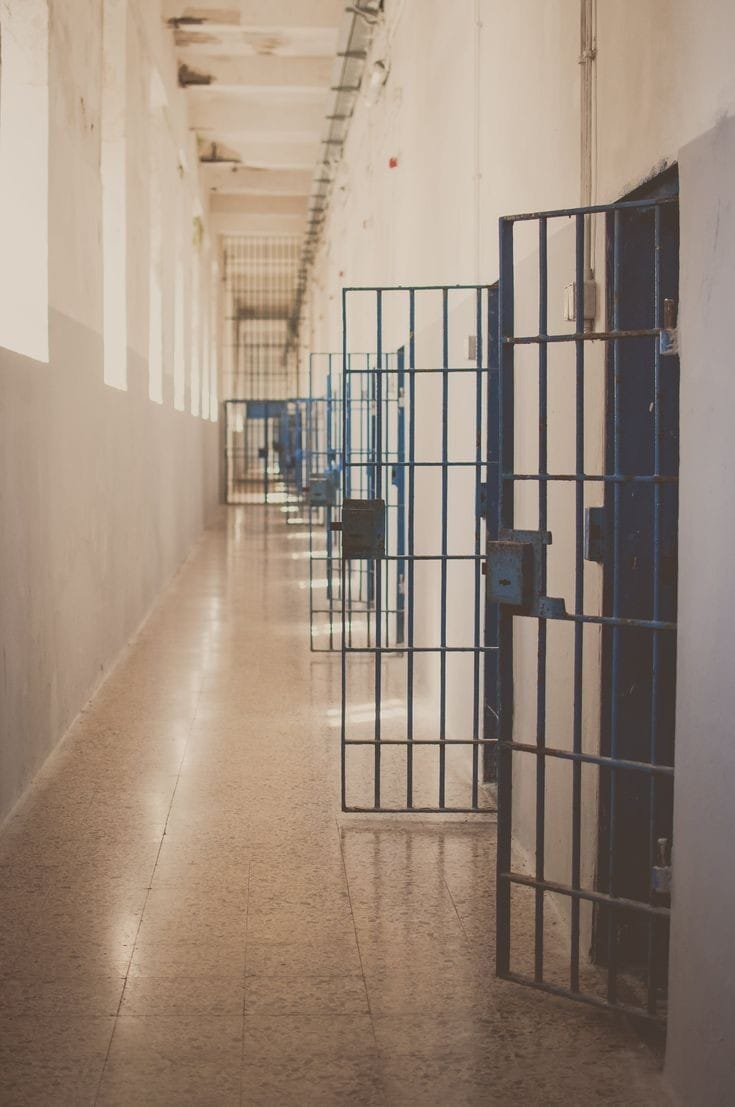The issue of the rapid growth of illegal liquor businesses in Gauteng townships is a growing concern for the local government. Economic development MEC Tasneem Motara has raised this issue with the liquor board and alcohol traders in Roodepoort, where they gathered to discuss the challenges faced by the industry. This paper aims to explore the issue of illegal liquor businesses in Gauteng townships and the measures that can be taken to address this problem.
The growth of illegal liquor businesses in townships has become a major concern due to the associated risks of crime and violence. These illegal outlets often operate without proper licensing and regulation, leading to an increase in unmonitored alcohol sales and associated risks. The government and the liquor board have a responsibility to ensure compliance with licensing conditions and regulations. Compliance with these conditions is crucial to preventing the proliferation of illegal liquor businesses, as it helps to establish a more regulated and safer environment for liquor sales in the townships.
One of the key measures that can be taken to address the issue of illegal liquor businesses is the enforcement of regulations. By enforcing regulations, the government and liquor board can ensure that all liquor businesses operating in the townships comply with the required licensing conditions.
The enforcement of regulations can also help to prevent the proliferation of illegal liquor businesses by cracking down on non-compliant businesses. However, enforcement alone may not be sufficient to address the issue of illegal liquor businesses.
Another measure that can be taken is the establishment of an effective monitoring and compliance system. Such a system can help to ensure that all liquor businesses in the townships comply with the required regulations and licensing conditions. By establishing an effective monitoring and compliance system, the government and liquor board can prevent the proliferation of illegal liquor businesses and ensure that all liquor sales in the townships are conducted in a safe and regulated environment.
It is also important to encourage the reporting of any violations in the trading environment. By encouraging reporting, the government and liquor board can receive information about any illegal liquor businesses operating in the townships. This information can then be used to take action against non-compliant businesses, thus preventing the proliferation of illegal liquor businesses. Reporting can also help to ensure that all liquor sales in the townships are conducted in a safe and regulated environment.
The issue of illegal liquor businesses in Gauteng townships is a growing concern for the government and liquor board. The associated risks of crime and violence make it essential to take measures to address this issue. The enforcement of regulations, the establishment of an effective monitoring and compliance system, and the encouragement of reporting are all measures that can be taken to prevent the proliferation of illegal liquor businesses. By working together, the government, liquor board, and alcohol traders can create a safer and more regulated environment for liquor sales in the townships.
In addition to the measures outlined in the body of this paper, it is also important to consider the root causes of the proliferation of illegal liquor businesses in the townships. These root causes may include poverty, unemployment, and lack of economic opportunities. Addressing these root causes may require a more comprehensive approach that involves collaboration between different sectors of society, including government, civil society organizations, and private sector actors.
By addressing the root causes of the proliferation of illegal liquor businesses in the townships, we can create an enabling environment that promotes legal and regulated liquor sales. This can contribute to the growth of the local economy, create employment opportunities, and improve the overall safety and wellbeing of communities in the townships.
In conclusion, addressing the issue of illegal liquor businesses in Gauteng townships requires a multi-faceted approach that involves the enforcement of regulations, the establishment of an effective monitoring and compliance system, and the encouragement of reporting. It is also important to address the root causes of this issue and create an enabling environment that promotes legal and regulated liquor sales. By working together, we can create a safer and more prosperous future for the residents of Gauteng townships.









